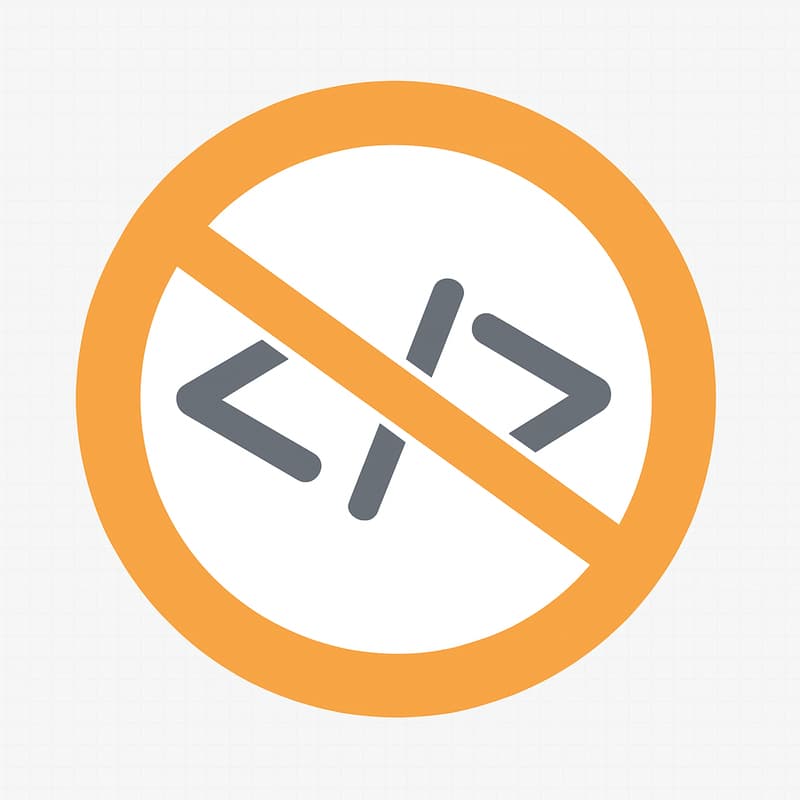

Cybersecurity Workshop 1: Nocode Knowledge Hub
No-code is fast. But is it secure?
As platforms like Airtable, Softr and Stacker slip quietly into core business systems, most teams forget one thing: you’re still handling real data, real customers, and real risks. This workshop is where you learn how to lock the doors before someone rattles the handle.
BTC Workshop 1: Building the No-Code Knowledge Hub
Goal: Kickstart a collaborative, security-first reference site for no-code builders, while teaching key infosec and deployment concepts in context.
10:00–10:20 Welcome & Context
Why No-Code Needs Security Too
What an ISMS Actually Is (Plain English Edition)
The Role of the Knowledge Hub: Who it’s for, what it should do
What We’ll Try to Achieve Today
10:20–10:40 Skills Inventory & Team Roles
Quick Roundtable: What Skills Are in the Room? (Prompt cards or whiteboard exercise: writing, design, coding, security, deployment, etc.)
Who Might Own What: Editors, Contributors, Auditors, Developers
Split into working groups (if numbers allow):
Content team
Technical team
Security oversight team
10:40–11:10 Defining the Hub’s First Features
What Do We Need in Version 0.1?
Platform Security Profiles
Builder Checklists
Downloadable Templates
Group Sketch: What Should the Site Feel Like?
(Could use Notion, FigJam, Pen+Paper, etc.)
1:10–2:00 Hands-On Build & Setup Time
Break out into groups.
Technical Group:
Set up a basic project using Vercel (or Railway)
Create simple routes or pages using a docs-first framework (e.g. Astro, Next.js, or Docsify)
Set up a basic CI/CD pipeline (auto-deploy from GitHub)
Discuss and enable basic security hardening: env vars, role-based access, preview vs prod
Content Group:
Write first draft of a Stacker security profile
Populate a basic ISMS checklist (access, audit, incident response)
Draft a starter template for access policies
Compliance Group:
Review alignment with ISO 27001, GDPR, or PII risk models
Suggest a tagging system or badge criteria for tools (“secure defaults”, “self-hosting available” etc.)
2:00–2:30 Demo & Share
Each team shares:
What they’ve started
What still needs doing
Any problems or blockers
2:30–3:00 | Roadmap & Next Steps
Headings:
What Needs Doing After Today?
Who wants to contribute ongoing?
What would a public launch look like?
What’s Missing (content, skills, partnerships)?
What Will Workshop 2 Build On?
Optional Add-ons
If time/people allow:
Deploy preview environments and test pull requests
Integrate Notion/Airtable as a content source to make it easier for non-devs
Add analytics (to track page views or popular tool profiles)
Create a shared GitHub project with open issues labelled for contributors